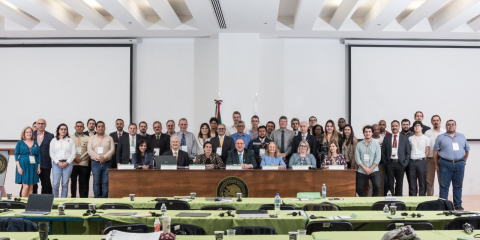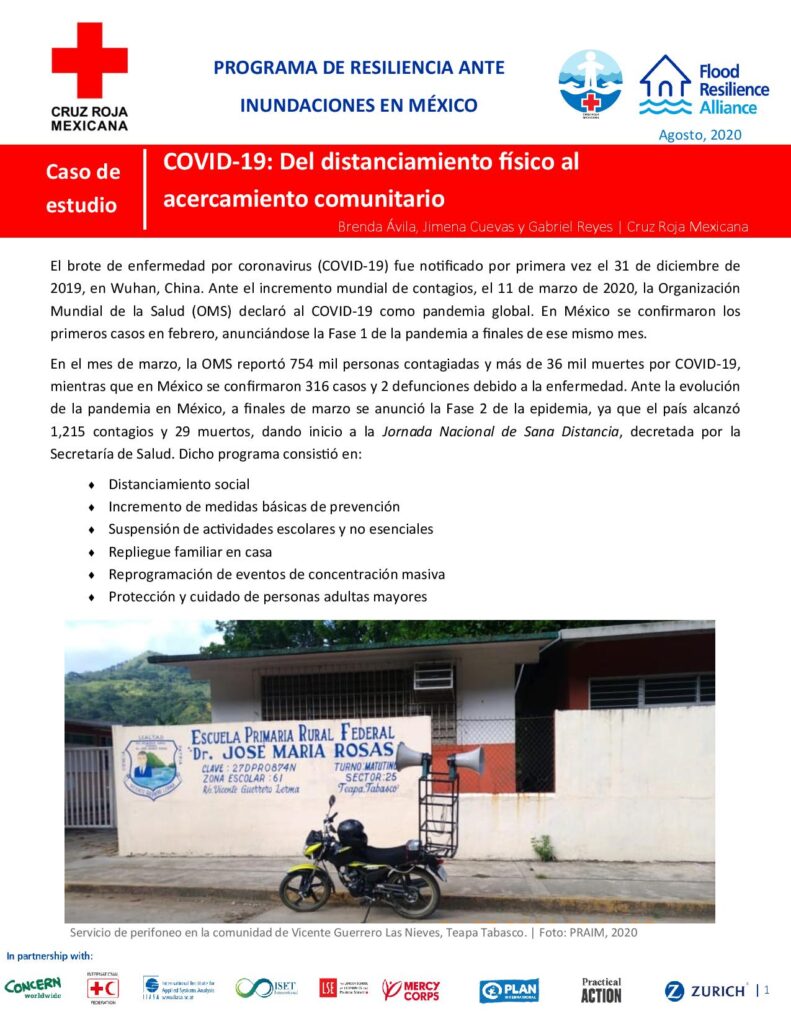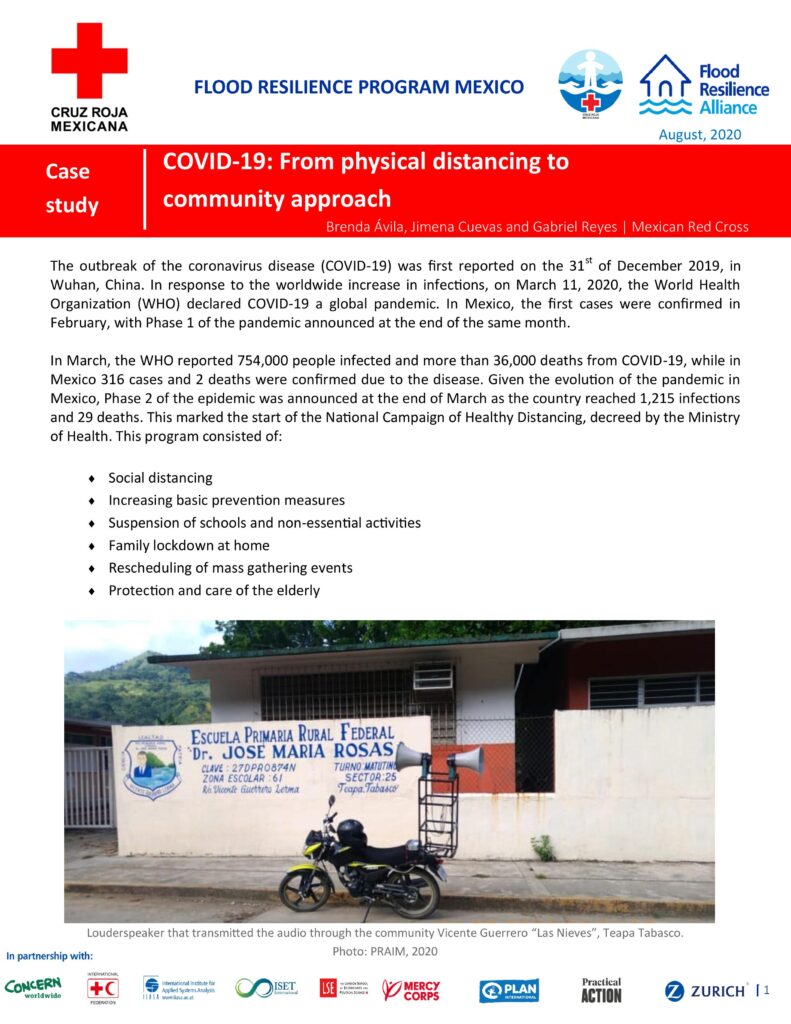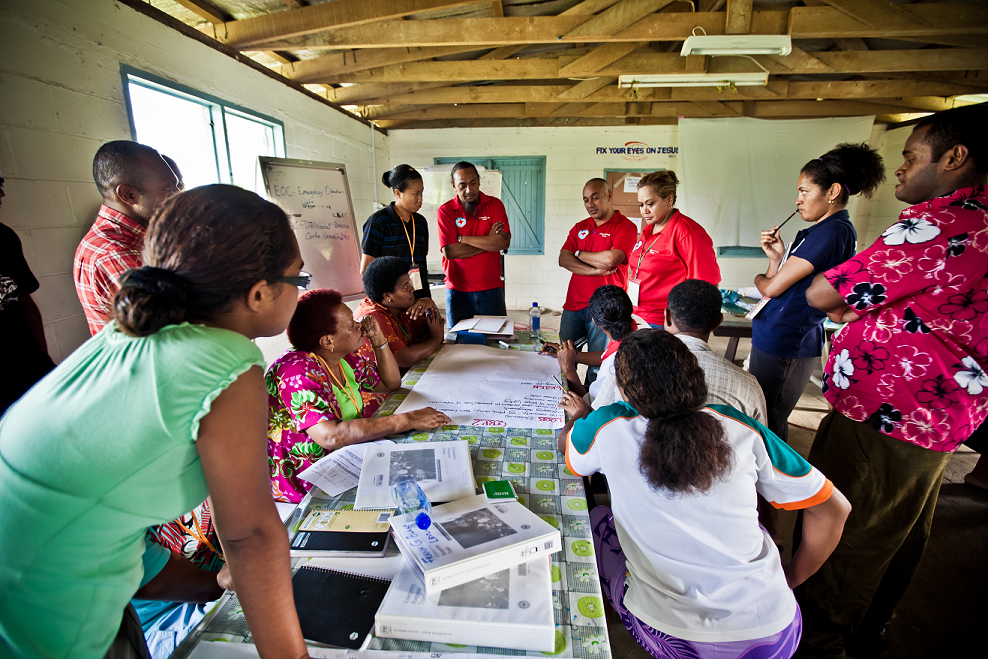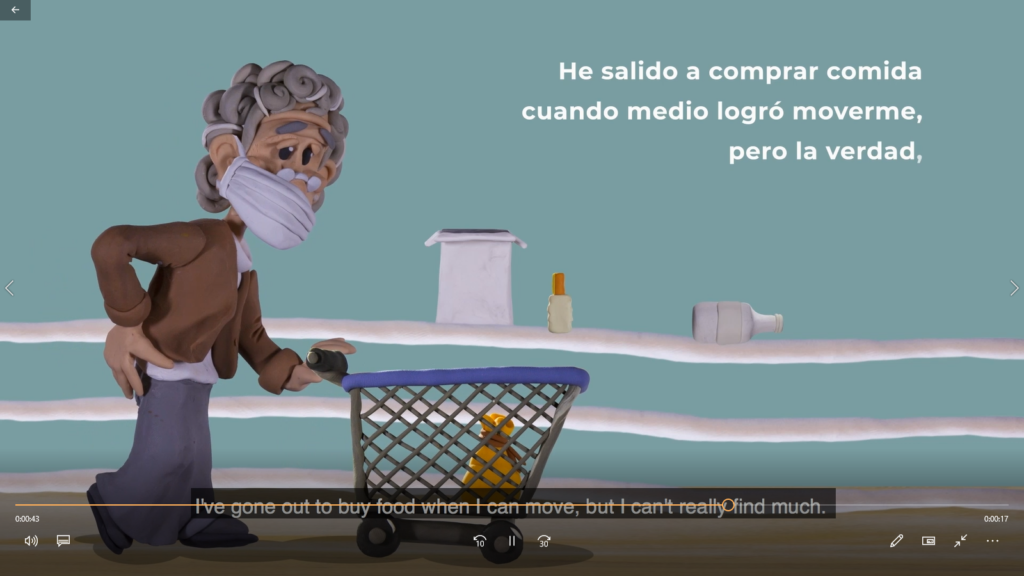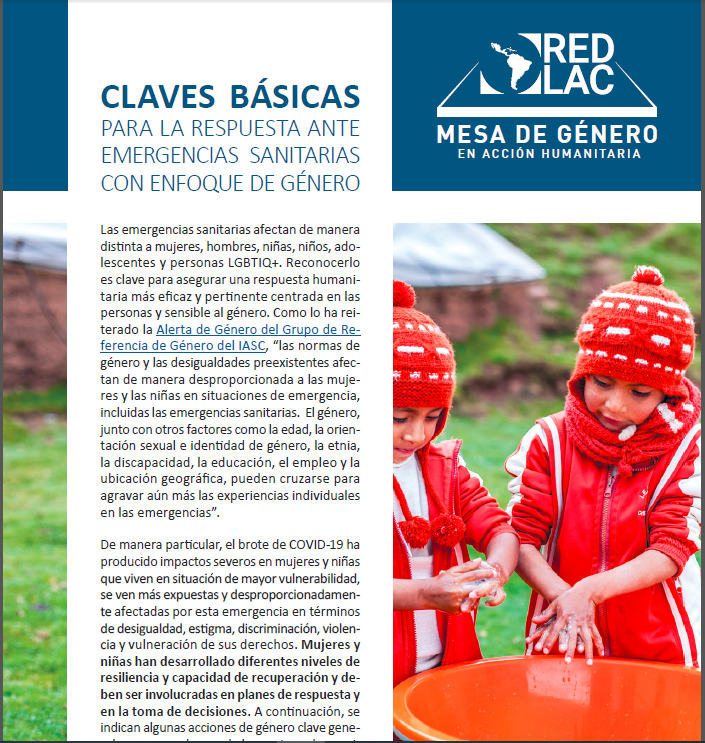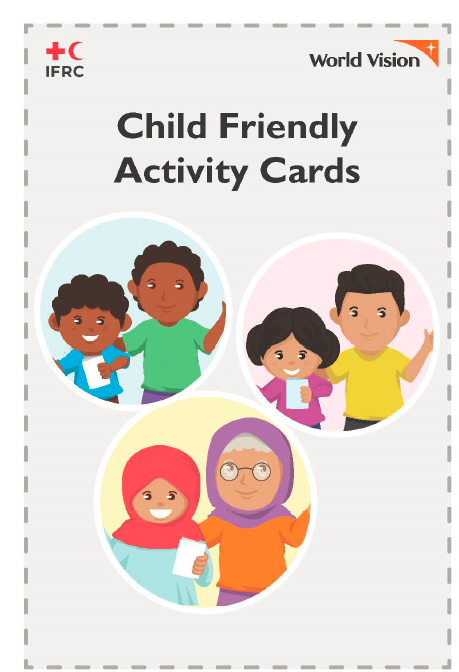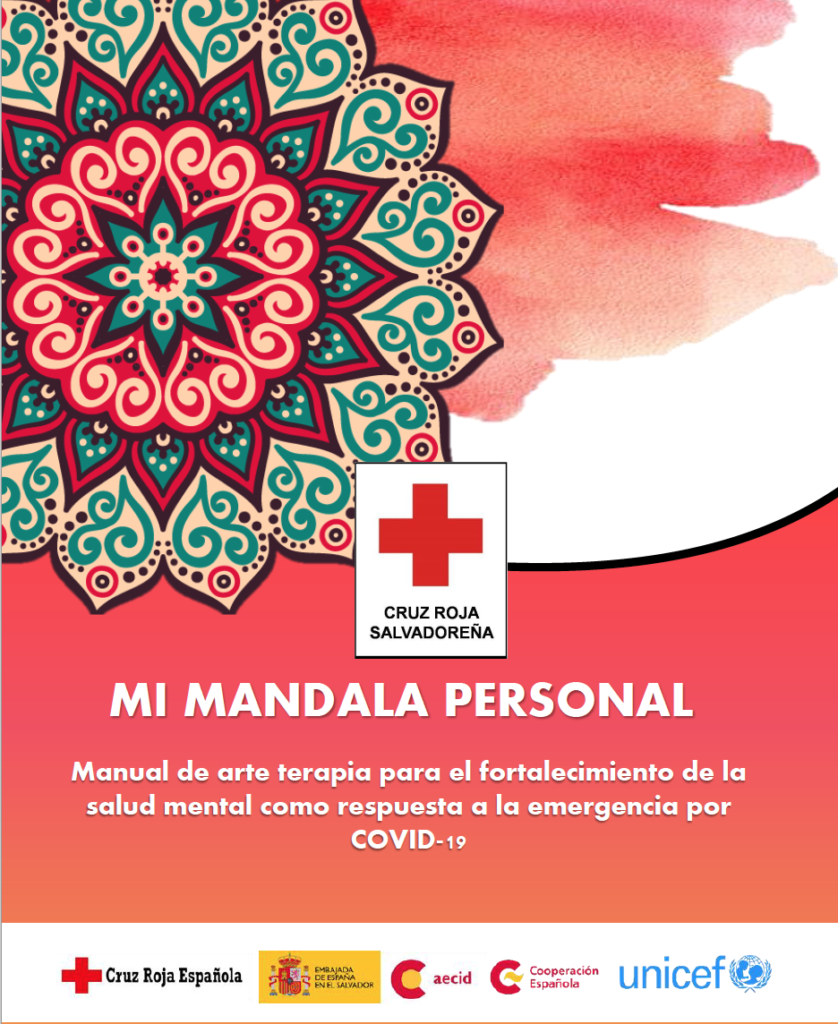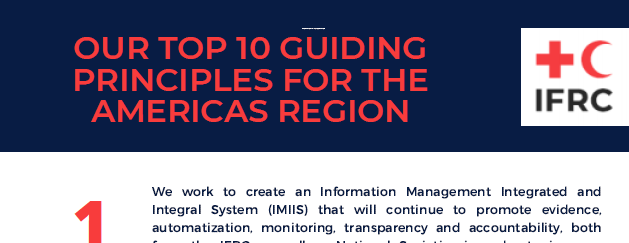2019 Common Alerting Protocol (CAP) Implementation Workshop
This page compiles the Report of the 2019 CAP Implementation Workshop together with the complete set of presentations delivered during the workshop, held on 17–18 October 2019 in Mexico City, Mexico. The workshop was hosted by the Mexico City Secretariat of Integral Risk Management and Civil Protection and co-sponsored by IAEM, IFRC, ITU, OASIS, and […]
2019 Common Alerting Protocol (CAP) Implementation Workshop Read More »

